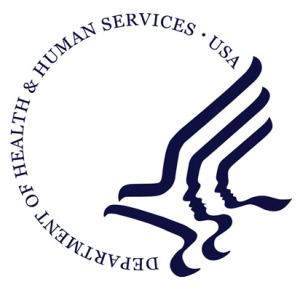by
Heather Mayer, DOTmed News Reporter | June 17, 2010

U.S. Department of Health
and Human Services
U.S. Department of Health and Human Services Secretary Kathleen Sebelius announced Wednesday a series of investments worth $250 million in an effort to increase the number of health care providers and strengthen the primary care workforce.
The shortage of primary care physicians has been plaguing the country for quite some time. The Association of American Medical Colleges estimated that the United States would have a shortage of about 21,000 primary care clinicians in 2015.
It's expected that the $250 million, in addition to earlier investments made by the American Recovery and Reinvestment Act and the Affordable Care Act, will support training and development of more than 16,000 new primary care providers over the next five years.
"These investments build on the administration's strong commitment to training the primary care doctors and nurses of tomorrow and improving both health care quality and access for Americans throughout the country," Sebelius said in prepared remarks.
These investments are half of the 2010 Prevention and Public Health fund's $500 million. The investments will be used to create additional primary care residency slots ($168 million); support physician assistant training in primary care ($32 million); encourage students to take on full-time nursing careers ($30 million); establish new nurse practitioner-led clinics ($15 million); and encourage states to address health professional workplace needs ($5 million).
"This critical investment will help alleviate the current shortage of primary health care providers including physicians, physician assistants and nurses," said Rep. Lois Capps in a statement. "Increasing the number of primary care professionals will allow us to place an increased emphasis on preventive care and wellness."
